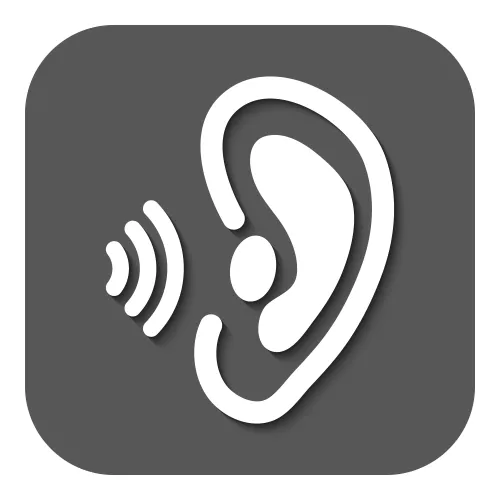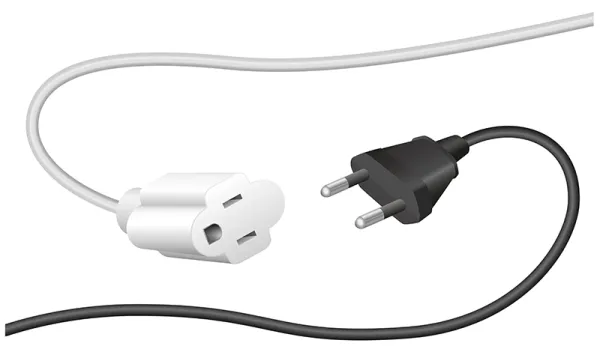Modifier Coding Alert
Dig Deep Into Training With These ICD-10 Tips

Question: The closer we get to the ICD-10 implementation date, the more antsy employees at our practice get. Some wonder how they can learn everything they need to know to master ICD-10, which leads to discouragement. Other staffers are convinced they cannot learn all of the new codes; they say they barely know the ICD-9 codes. Can you help me pick up the morale at our office so we can be ready for ICD-10?
Kansas Subscriber
Answer: Getting ready for the ICD-10 transition can be tough; it’s a daunting task, until you start breaking it down into more manageable steps. Like many coders and healthcare professionals, it sounds as if your office is feeling overwhelmed by the responsibilities and uncertainties that the new diagnosis coding system present.
Let’s go back several years. We didn’t always know ICD-9 and now we can’t imagine life without it. The same will hold true for ICD10. Don’t panic, but certainly be diligent with educating yourself now.
Perhaps the practice could use this guidance on learning ICD-10 to allay any anxieties. The American Health Information Management Association (AHIMA) and Elsevier Revenue Cycle eLearning have posted FAQs on the most pressing ICD-10 topics. Focus on these points when prepping for ICD-10 to maximize your time and effort.
Who should we train? Ultimately, everyone in contact with a patient or a claim should be educated. Who should be receiving more targeted ICD-10 training is up to each individual office. According to Elsevier, however, everyone in the office who uses ICD-10 will need some very specific skills — skills some employees might not already have.
Elsevier reports that everyone whose job will be affected by ICD-10 should have knowledge in:
How can I learn all those new codes? You really don’t have to learn every new code in ICD-10. “The ICD-10-CM code set is like a dictionary that has thousands of words, but individuals use some words very commonly while other words are never used,” AHIMA reports.
You’ll mostly use the same diagnoses you’ve always used; you’ll just choose an ICD-10 code rather than an ICD-9 code. ICD-10 crosswalks some of these codes from ICD-9, but there are a lot of new codes, too.
Providers “will use a subset of codes based on their practice,” according to AHIMA. Focus your training efforts on learning these ICD-10 codes first.
What departments need ICD-10 training? Anyone who works with ICD-10 will require “extensive foundational knowledge. Planning needs to include representatives across all departments that are impacted,” Elsevier reports. The trick is knowing who needs what type of ICD-10 knowledge.
Your best bet is to find out who in your office will need more in-depth ICD-10 training, and who only needs basic training (coders and clinicians should be in the latter category). Then you can craft training regimens that give each employee the knowledge she needs to operate in the ICD-10 world.
Related Articles
Modifier Coding Alert
- Modifier Madness:
Sort Out Modifier Mess On Multi-Provider Fracture Care
When you divide fracture claims, providers engage in a 70/30 split. Let’s face it: When [...] - E/M Modifiers:
Let Payer Policy Guide Your Pre-Fracture Care E/M Decision
Both 25, 57 are in play with E/M-fracture code combo. When your physician provides intraoperative [...] - Specialty Focus:
Gastroenterology: Be Ready With Modifier Knowledge When Screenings Turn Therapeutic
Medicare, CPT® offer different guidance on modifier choices. When your gastroenterologist performs a screening flexible [...] - You Be the Coder:
Coding Injections With Fluoroscopy
Question: Our physician recently performed multiple arthroscopic injections, and the encounter notes look kind of [...] - Reader Questions:
Back Up CMT Claims With AT Modifier
Question: Our chiropractor provided chiropractic manipulative treatment (CMT) on three regions of an established Medicare patient’s [...] - Reader Questions:
Dig Deep Into Training With These ICD-10 Tips
Question: The closer we get to the ICD-10 implementation date, the more antsy employees at our [...] - Reader Questions:
Break Out 25 When Counseling Leads To Vaccination
Question: An established 19-year-old patient reported to our family physician for counseling on administration of the [...] - Reader Questions:
Mind Modifiers When Coding I&D Repeats
Question: A new patient recently reported to our practice complaining of a cyst that was leaking [...] - Reader Questions:
Make Modifier a Part of Multi-Shot Claims
Question: A 36-year-old new patient reports to the physician complaining of a headache and severe fatigue. [...]




